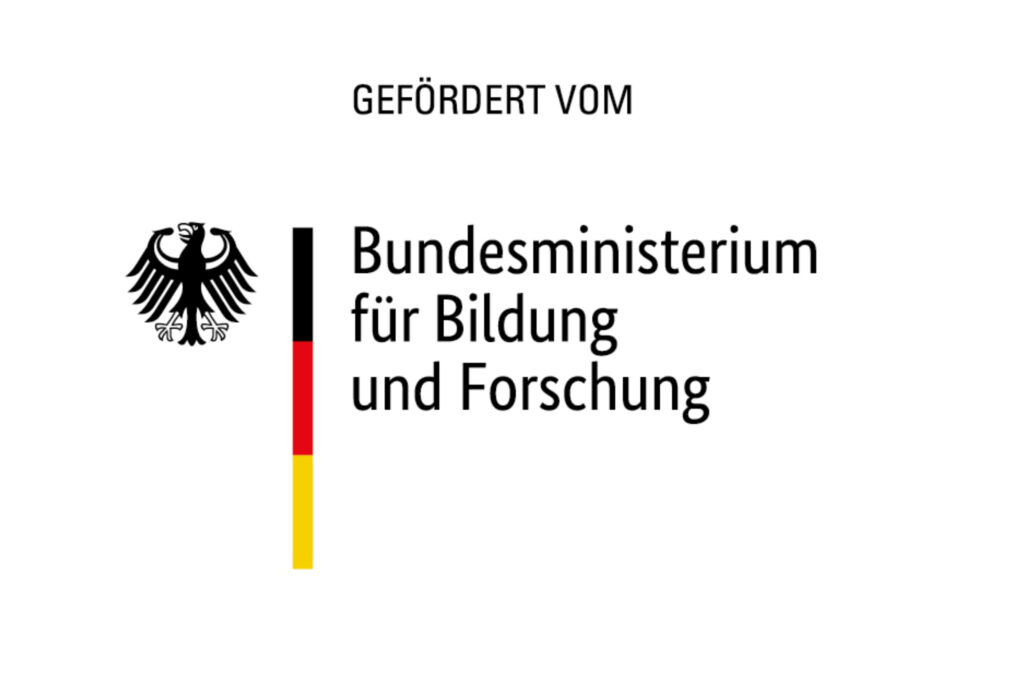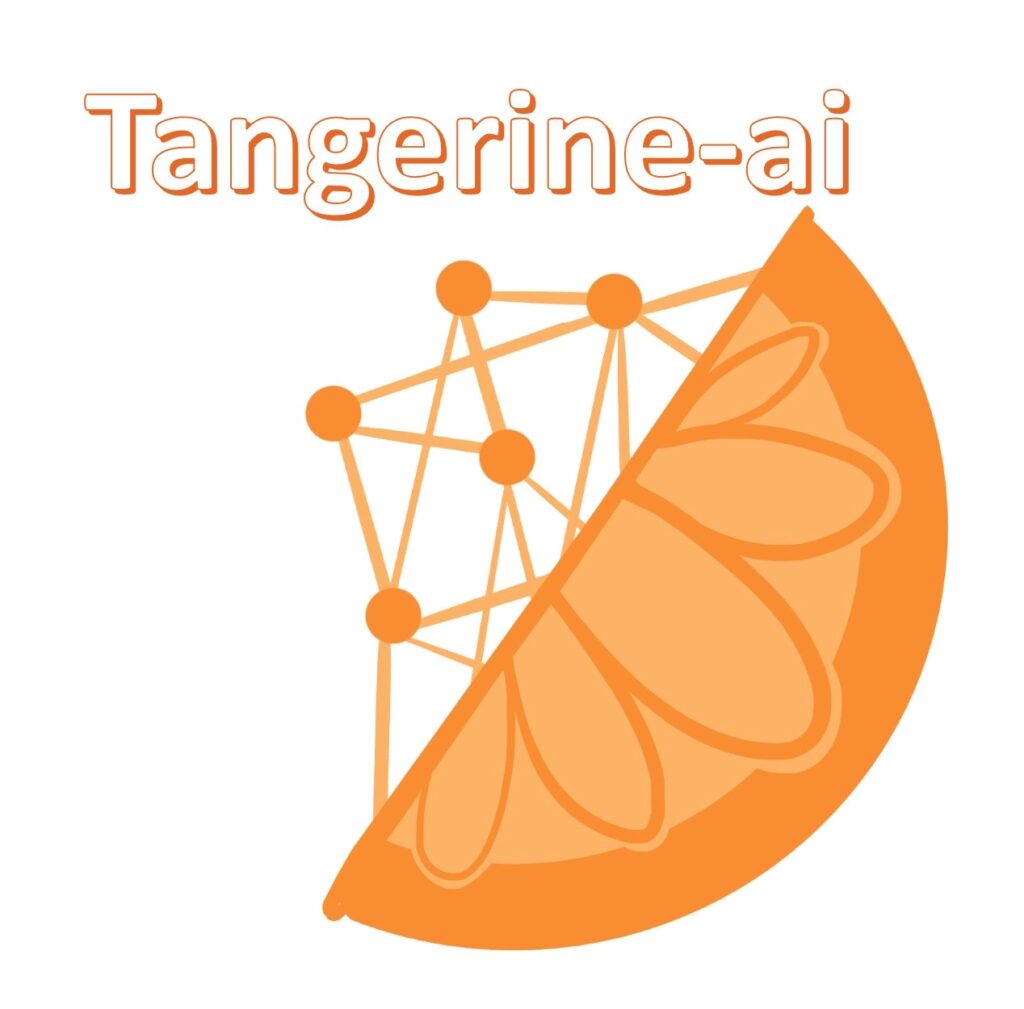Cancer immunotherapy with immune checkpoint inhibitors (ICIs) is widely used in multiple cancer types with proven benefits. However, the response, effectiveness and potential toxicity are difficult to predict for individual patients.
TANGERINE aims to build deep learning models to predict the response and toxicity to cancer immune therapy from the analysis of histopathology slides, CT scan images and routine clinical data. In addition, the project will validate the model’s predictions based on specific cellular structures and image patterns associated with ICI response and toxicity.
TANGERINE includes the following steps:
- Retrospective study – Data retrieval from 1800 patients at 6 centers (2017 – 2021)
- Model training – deep convolutional neural networks for histopathology and radiology data.
- Prospective study – recruitment of 600 patients treated with ICIs.
- Model validation – testing the accuracy of the model in the prospective study
- Explainability – Spatial transcriptomics of selected tumors to understand the model’s prediction
- Capacity building – training across different institutions
TANGERINE will have a broad practical impact for translational research. It will lay the groundwork for commercial deployment of this new class of end-to-end AI-based biomarker tool and it will enable new scientific insights into tumor immunology.
Consortium:
- Bellvitge Biomedical Research Institute – IDIBELL, Barcelona, Spain
- TU Dresden, EKFZ for Digital Health, Dresden, Germany
- Henri-Mondor University Hospital, Creteil, France
- Technion – Israel Institute of Technology, Medical Faculty, Haifa, Israel
- Vall d’Hebron Institute of Oncology, Barcelona, Spain
Facts and figures
Coordinator: Bellvitge Biomedical Research Institute – IDIBELL
Number of Partners: 5
Start Date: April 1, 2023
End Date: March 31, 2026
Total Funding: around €1.3 million
This ERA-NET Transcan-3 project has received funding from the German Federal Ministry of Education and Research under grant agreement No. 01KT2302.

Funded by the BMBF. Views and opinions expressed are however those of the author(s) only and do not necessarily reflect those of the BMBF. Neither the BMBF nor the granting authority can be held responsible for them.


